The world's second largest smartphone market is finally getting a physical Apple Store
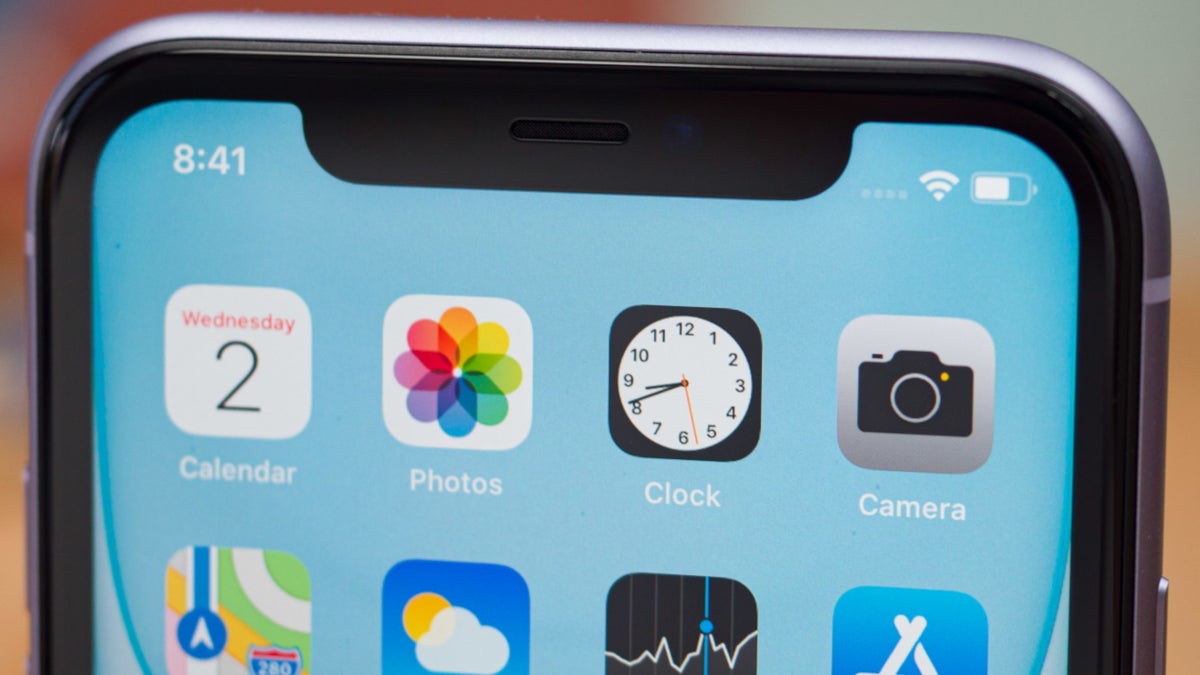
The world's second-largest smartphone market will have its very own physical Apple Store next year, according to Reuters. The country getting the store is India; despite its status as a developing market, the country is second only to China in the number of handsets that are shipped in the country each year. According to Statista, 137.2 million units were delivered in the region during 2019. The number of smartphone users in the country is expected to hit 442 million by 2022.
Apple will open its first online store in India this year and its first physical store in the country next year
Last May, one report noted that Apple was looking to open its first Indian Apple Store at an upscale location. Yesterday, during the company's annual stockholder's meeting, Apple CEO Tim Cook was asked about Apple's plans for India. Cook said that Apple will start selling the iPhone online in India later this year and will open its first physical Apple Store in the country next year. Since Apple plans on running its Indian based stores without enlisting an Indian company as a partner, the executive said that "We needed to get approval from the government to go in there ourselves. I don’t want somebody else to run the brand for us."
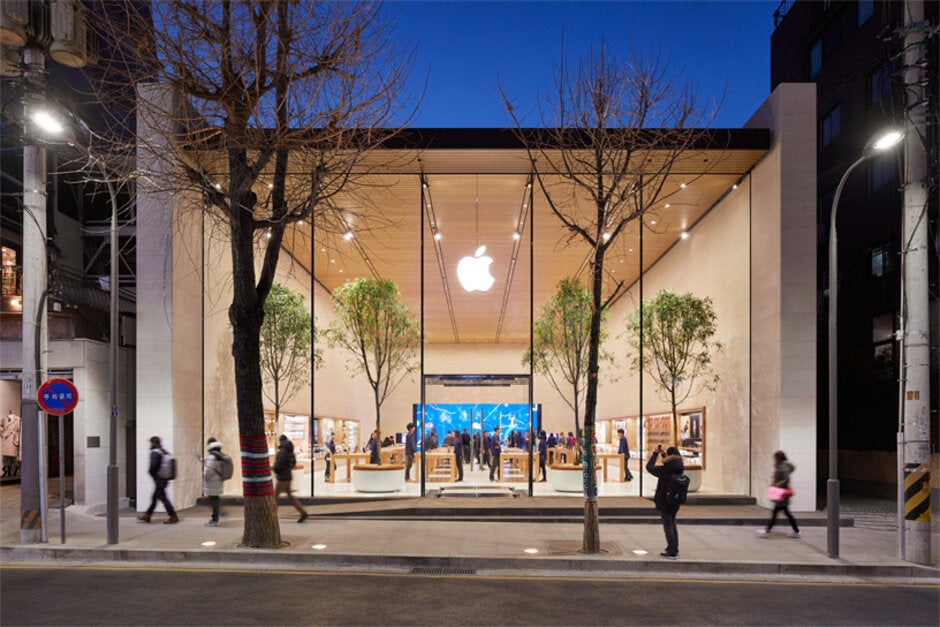
A bricks and mortar Apple Store, like this one in South Korea, is coming to India next year
The economic realities in India being what they are, the average Android smartphone purchased in the country back in 2018 was $158. With its penchant for offering value for money, it might be no surprise that Xiaomi is the largest manufacturer of connected handsets in the country. Samsung had a great 2019 in India thanks to the success of its mid-range Galaxy A line. Each Galaxy A phone features a viable camera system, huge batteries, and a decent price.
So what about Apple? The company manufactures expensive phones although you would expect some demand for the iPhone in a smartphone mad country like India. Naturally, the entry-level iPhone SE was the perfect phone for Indian iPhone fans. It was priced at the equivalent of $250 USD and gave Indians the opportunity to own an iPhone. To prevent Indian authorities from tacking on a $100 import tax on each phone, Apple ended up producing the iPhone SE in a factory located in India. This also dovetailed with Indian Prime Minister Narendra Modi's "Make in India" program that favored domestically produced goods.
By last year, Apple started promoting the "Incredible" iPhone 6s in India. Originally produced in 2015, the four-year-old handset was being sold in the country for the dollar equivalent price of $383. And later in the year, Apple starting churning out iPhone XR units in Indian facilities. When the U.S. was about to impose tariffs on smartphones imported from China, there was talk about moving production to India to evade the tariffs. But Apple's production in the country is small and there is no guarantee that the company would be able to replicate the size of the supply chain that the tech giant relies on for its China-based iPhone manufacturing.
The law in India requires that foreign retailers source at least 30% of their materials from local companies in India. Apple previously could not meet this requirement and instead sold its phones through local partners. Pricing remains key since a high-end iPhone can cost Indian consumers more than they make over the course of a year. Still, Apple just had its best quarter ever in India during the three month period that coincided with the 2019 holiday shopping season. During the three-month period, shipments of the iPhone in India soared 200% year-over-year. Analysts attributed the surge to the release of the iPhone 11 and its new camera system.
Canalys analyst Madhumita Chaudhary said in a report released last month that "Apple hit a home run with its pricing strategy on the iPhone 11. The entry-level iPhone 11 [is] one of the cheapest 'new' iPhones in a while. The new iPhones have appealed not just to current iPhone users looking to upgrade, but also to value-conscious premium phone purchasers." Remember, Apple priced the iPhone 11 at $699 for the basic 64GB model. That was a $50 haircut from the $749 that the 64GB iPhone XR was sold for when first launched in 2018.
Follow us on Google News







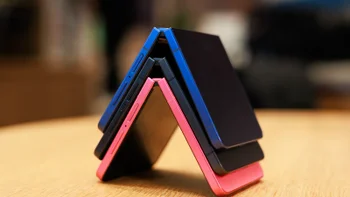

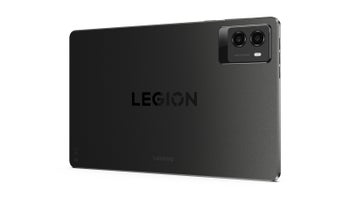
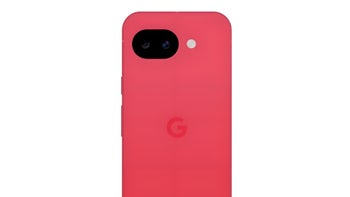


Things that are NOT allowed:
To help keep our community safe and free from spam, we apply temporary limits to newly created accounts: